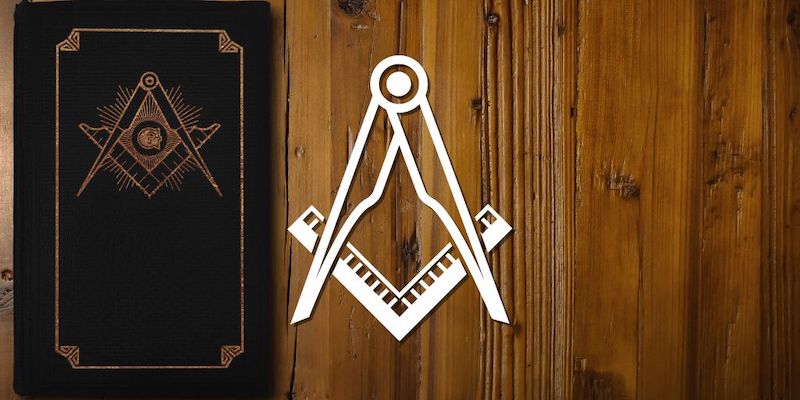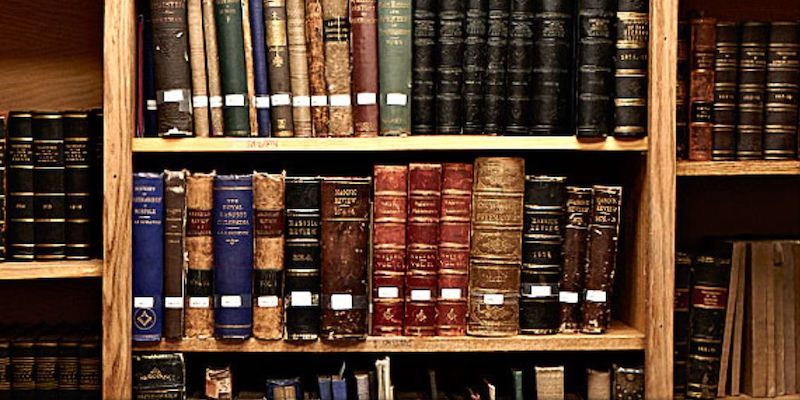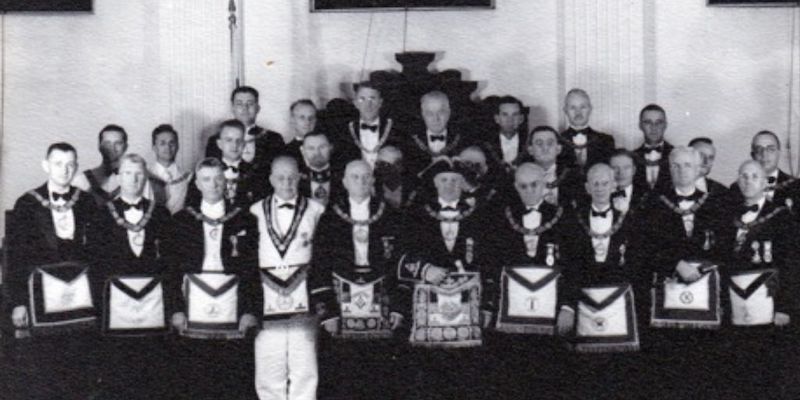Freemasonry is built upon a foundation of traditions, values, and organizational structure.
Central to the smooth functioning of individual lodges are the lodge by-laws – a set of rules and regulations that guide the operations and conduct of its members.
In this article, we will delve into the fascinating world of lodge by-laws in Freemasonry, providing a brief yet comprehensive explanation of their purpose and significance.
From their historical origins to their role in maintaining order and harmony within lodges, we will explore the key aspects of lodge by-laws and shed light on the importance of their adherence.
TLDR: Lodge by-laws are a set of rules and regulations that govern the operation of a Freemasonry lodge.
These by-laws outline the duties and responsibilities of the members, officers, and committees of the lodge, as well as the procedures for conducting meetings, electing officers, and initiating new members.
Lodge by-laws are an essential component of any Freemasonry lodge, as they ensure that the lodge operates in a fair and consistent manner.

What are Lodge by-Laws?
Lodge by-laws are a set of rules and regulations that govern the operation of a Freemasonry lodge.
They are specific to each individual lodge and are designed to ensure that the lodge operates in an orderly and effective manner.
By-laws are created by the members of the lodge and must be approved by the Grand Master before they can take effect.
By-laws typically cover a wide range of topics, including the duties of officers, the election of officers, the frequency of meetings, the conduct of meetings, and the procedures for initiating new members.
They may also cover matters such as the use of lodge property, the collection of dues, and the handling of disputes between members.
In addition to by-laws, lodges are also governed by the Grand Lodge.
The Grand Lodge is the governing body for all subordinate lodges in a particular jurisdiction.
The Grand Lodge has the authority to create and enforce rules and regulations that apply to all lodges under its jurisdiction.
What’s good to note is each subordinate lodge operates independently but it is still subject to the rules and regulations of the Grand Lodge and thus, the by-laws of each subordinate lodge must be consistent with the rules and regulations of the Grand Lodge.
The Importance of Lodge by-Laws

Lodge by-laws serve as the rules and regulations (link leads to a pdf template) that govern the conduct of the members within the lodge.
These by-laws are created by the members of the lodge and are approved by the Grand Lodge. They are based on the Constitution and Masonic law, as well as the Uniform Code of By-Laws.
Lodge by-laws are important because they provide a framework for the operation of the lodge.
They ensure that all members are aware of their responsibilities and obligations.
They also provide a set of guidelines for the election of officers, the conduct of meetings, and the handling of finances.
One of the primary functions of lodge by-laws is to ensure that the lodge operates in a fair and transparent manner.
They establish procedures for the election of officers, which helps to prevent any bias or favoritism.
They also provide guidelines for the handling of finances, which helps to prevent any misuse of lodge funds.
Lodge by-laws also serve as a guide for the behavior of the members. They outline the expectations for conduct within the lodge, as well as the consequences for any violations.
This helps to ensure that all members are held to the same standards of behavior, which promotes a sense of unity and camaraderie within the lodge.
How are Lodge by-Laws Created?
The process of creating lodge by-laws involves several steps, including the following:
1. Formation of a Committee
The Worshipful Master of the lodge appoints a committee to draft the by-laws. The committee is usually composed of experienced and knowledgeable members of the lodge who are familiar with the rules and regulations of Freemasonry.
2. Drafting of the By-Laws
The committee drafts the by-laws, taking into consideration the needs and requirements of the lodge. The by-laws must conform to the rules and regulations of the Grand Lodge, which are set forth in the Book of Constitutions.
3. Presentation of the By-Laws
Once the by-laws have been drafted, they are presented to the members of the lodge for review and discussion. The members are given the opportunity to suggest changes or amendments to the by-laws.
4. Approval of the By-Laws
After the members of the lodge have had the opportunity to review and discuss the by-laws, they are put to a vote. The by-laws must be approved by a two-thirds majority of the members present at the meeting.
5. Submission to the Grand Lodge
Once the by-laws have been approved by the members of the lodge, they are submitted to the Grand Lodge for approval. The Grand Lodge reviews the by-laws to ensure that they conform to the rules and regulations of Freemasonry.
Amendments, Charges, and Resolutions
Lodge by-laws can be amended, charged, or resolved by following a similar process to the creation of the by-laws.
A committee is formed to draft the amendment, charge, or resolution, which is then presented to the members for review and discussion.
The members vote on the amendment, charge, or resolution, and it is submitted to the Grand Lodge for approval.
The Significance of Lodge by-Laws

The by-laws cover a wide range of topics, including the qualifications for membership, the duties and responsibilities of the officers, the frequency and format of communications, and the procedures for amending the by-laws.
The significance of lodge by-laws lies in the fact that they provide a framework for the smooth functioning of the lodge, ensuring that all members are aware of their rights and responsibilities.
They also serve as a guide for the officers in carrying out their duties and responsibilities and for the members in conducting themselves in a manner that is consistent with the principles of Freemasonry.
The by-laws also help to maintain the integrity of the lodge by providing a mechanism for resolving disputes and ensuring that all decisions are made in a fair and transparent manner.
They provide a clear set of guidelines for the conduct of meetings, elections, and other important events, which helps to prevent confusion and misunderstandings among the members.
In addition, the by-laws play a crucial role in preserving the history and traditions of the lodge.
They often contain provisions that require the lodge to maintain certain records and documents, such as the charter, minutes of meetings, and membership rolls.
These records help to ensure that the lodge’s history is preserved for future generations of Masons.
Overall, the lodge by-laws are an essential component of Freemasonry, providing a framework for the smooth functioning of the lodge and ensuring that the principles of the craft are upheld.
They are a testament to the commitment of the brothers to the ideals of brotherhood, charity, and truth, and a reflection of the rich history and tradition of the craft.
When ByLaws are already in existence in a Lodge and they decide to alter or create new ones and once they are approved by Grand Lodge, when exactly do they come into existence ?
eg A Lodge meets, say 4 times a calendar year
FEBRURY, APRIL, JULY and OCTOBER and they want to have an additional meeting say on the 4th Friday in AUGUST and the approval is received too late in August for the Lodge to arrange the meeting ie Summons issued etc if they do not hold a meeting on the 4th Friday could they be accused of not meeting continuously when it comes to 50th, 100th Anniversaries, etc ? due to the fact that the additional meeting was not held. Can leeway be applied ?